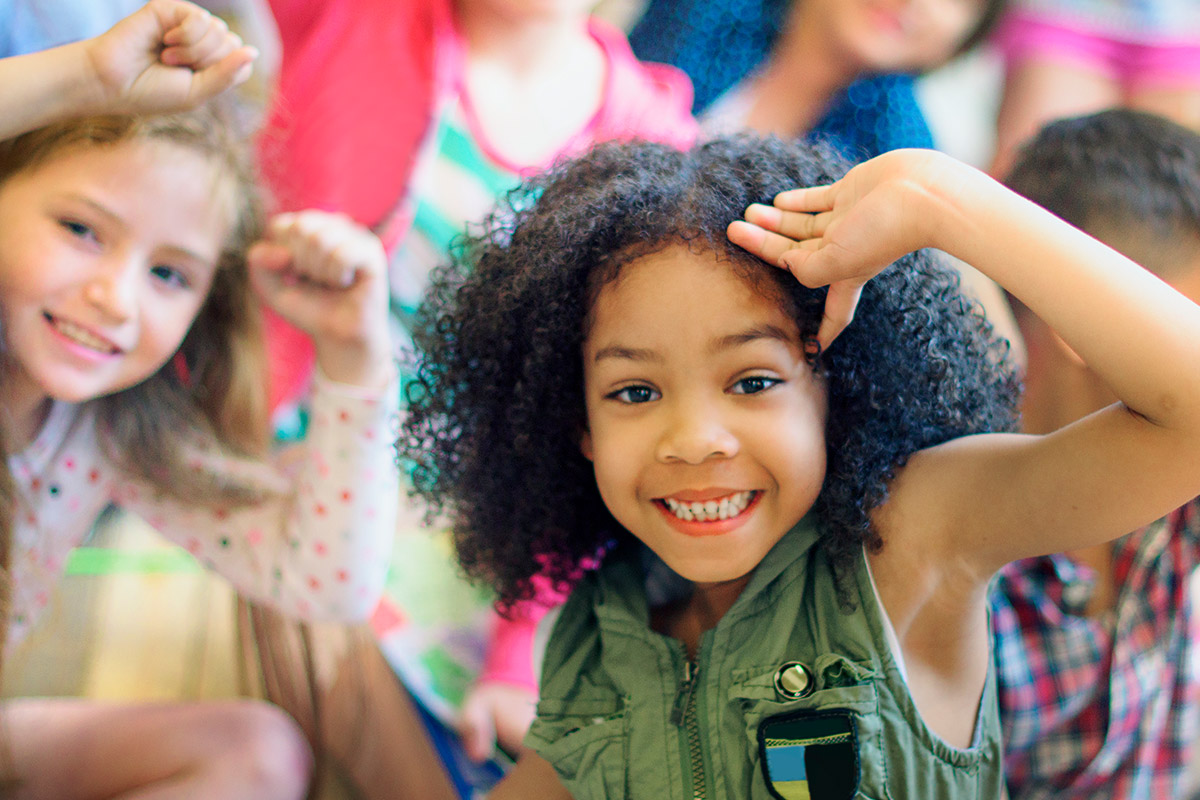Music has a profound impact on children’s development, influencing cognitive, emotional, and social aspects of their lives. From infancy through adolescence, exposure to music fosters creativity, enhances academic performance, and promotes holistic well-being. This blog delves into the myriad benefits of integrating music into children’s lives and emphasizes its crucial role in nurturing their growth and development.
Cognitive Development
Engaging with music stimulates various areas of the brain, including those responsible for memory, attention, and executive function. Learning to play an instrument or singing in a choir requires complex cognitive skills such as pattern recognition, sequencing, and spatial reasoning, which enhance cognitive abilities and contribute to academic success.


Emotional Expression and Regulation
Music serves as a powerful medium for emotional expression and regulation, allowing children to explore and articulate their feelings in a safe and creative manner. Whether listening to music, composing melodies, or performing songs, children develop emotional intelligence, empathy, and self-awareness, fostering resilience and mental well-being.
Social Connection and Collaboration
Participating in musical activities fosters social connection and collaboration, as children engage in ensemble playing, group singing, and shared musical experiences. Collaborating with peers in a musical setting promotes teamwork, communication skills, and a sense of belonging, cultivating positive relationships and strengthening community bonds.
Cultural Appreciation and Diversity
Exposure to a diverse range of musical genres and traditions broadens children’s cultural horizons and fosters appreciation for cultural diversity. Through music, children learn about different cultures, traditions, and histories, cultivating respect, tolerance, and a global perspective.
Confidence and Self-Esteem
Mastering musical skills and performing in front of an audience boosts children’s confidence and self-esteem, providing a sense of accomplishment and pride in their abilities. The supportive environment of music education encourages risk-taking, perseverance, and self-expression, empowering children to embrace challenges and pursue their passions with confidence.
Lifelong Learning and Creativity
Music education instills a lifelong love for learning and creativity, nurturing a growth mindset and a thirst for knowledge. Whether pursuing music professionally or as a recreational hobby, the skills and values acquired through music education equip children with the tools they need to navigate an ever-changing world and lead fulfilling lives.
Conclusion
In conclusion, the importance of music in children’s development cannot be overstated. From enhancing cognitive development and emotional well-being to fostering social connection and cultural appreciation, music enriches every aspect of children’s lives. By embracing music as an integral part of education and upbringing, we empower children to reach their full potential and cultivate a lifelong passion for music and creativity.
Let’s harmonize development and nurture the next generation of musicians, artists, and global citizens through the transformative power of music.





